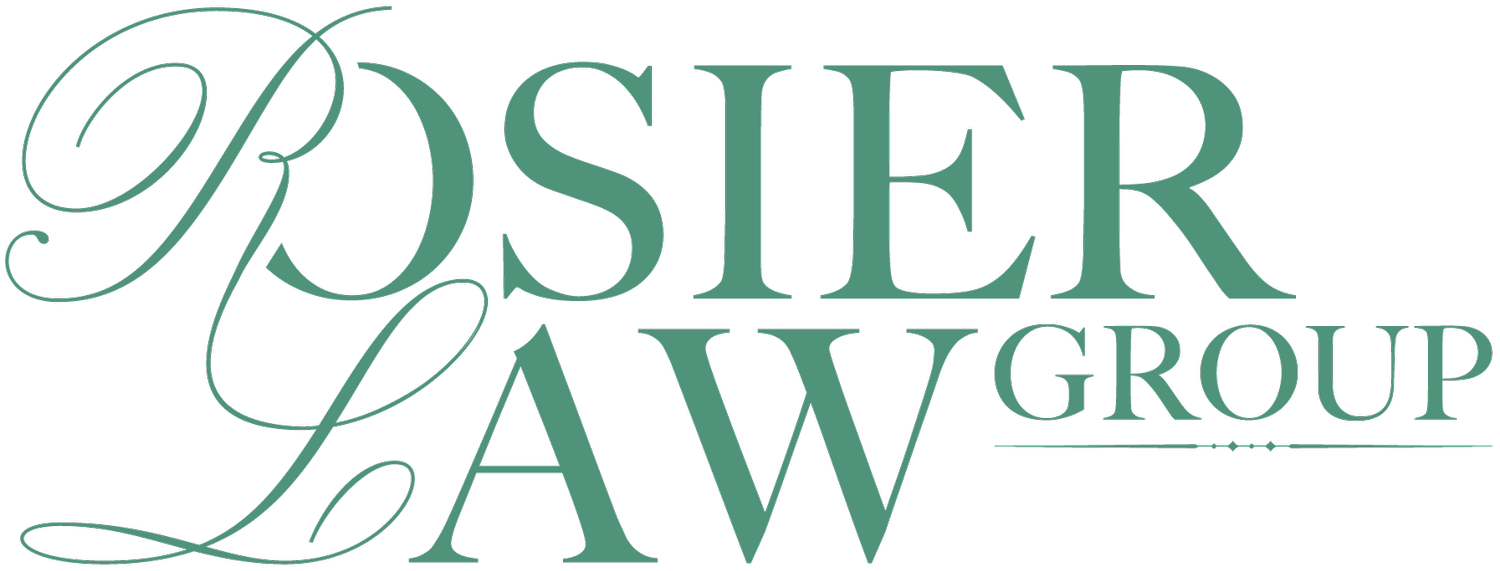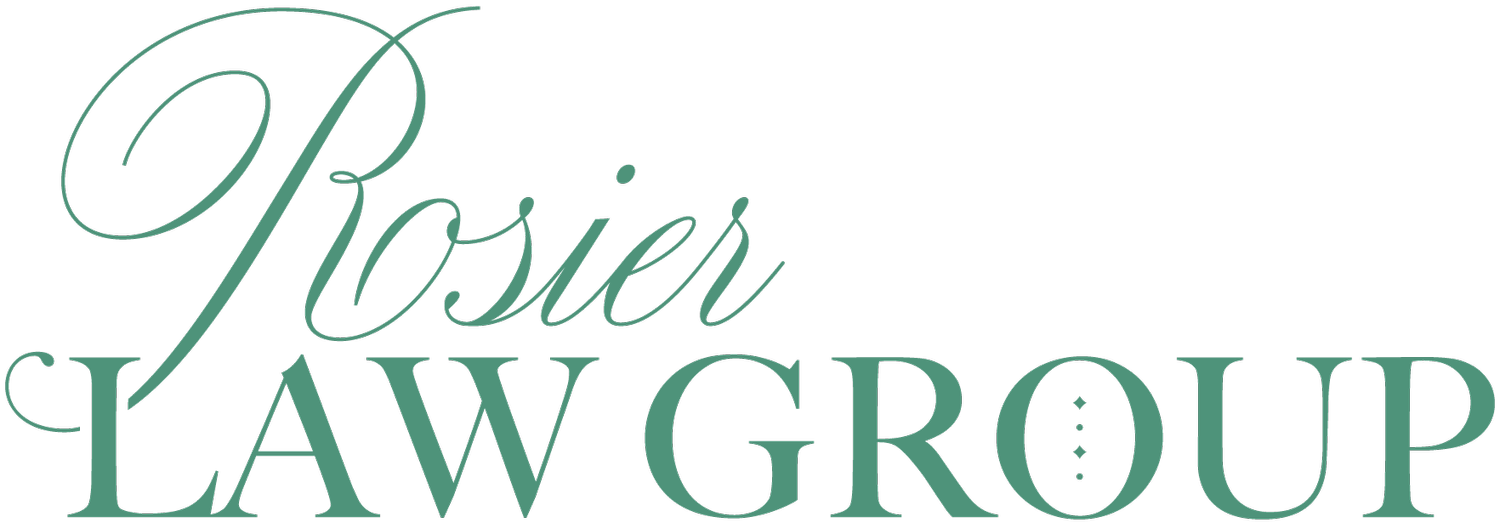Can I Sue if Someone Uses My Picture or Name Without Permission?
This question is becoming increasingly popular in the age of social media since many people’s pictures are being taken and used without their permission.
In most U.S. states, you can sue someone for using your name or likeness without your consent in an exploitative way. This commonly occurs when someone uses another person’s name in an advertisement without their permission. If you can prove that the use of your name caused you harm, such as financial loss, you may be able to recover damages.
What is the Unauthorized Use of Name or Likeness?
Unauthorized use of name or likeness is the use of someone’s name or other identifying characteristics without that person’s permission for commercial purposes. This can include using a person’s name, photo, or other personal information in an advertisement or other marketing materials. It can also include using a person’s identity to raise money or for another personal gain.
The two core purposes typically included in the potential unlawful use of someone’s name or likeness are (1) privacy, and (2) economic or other exploitative purposes. The unauthorized use of an individual’s name or likeness for commercial gain, such as in ads or product endorsements, is a clear violation of their economic rights.
Additionally, the unauthorized use of an individual’s name or likeness in a way that could be considered harmful to their reputation could be considered a violation of their right to privacy.
Do You Need Permission to Use Someone’s Likeness?
The law does not give individuals an absolute ownership right in their names and likenesses; however, individuals do have a right to privacy and publicity rights which provide some protection under certain circumstances.
These laws vary from state to state. Generally, the law requires that individuals must give their permission before their name or likeness can be used for a commercial purpose.
The unauthorized use of someone’s name or likeness may give rise to two different types of legal claims:
Violation of the right of publicity, and
Invasion of privacy.
The right of publicity is the right of a person to control and make money from their identity. This right applies to those whose identity carries with it a level of fame or celebrity, giving it higher commercial value.
The second type of claim, invasion of privacy or wrongful appropriation, may be used when a person’s name has been used without their permission.
What Are the Elements of a Claim For Unlawful Use of Name or Likeness?
The right to control the use of one’s name, image, and likeness is protected under state law, and there are some differences among the states. However, there are three general elements required to sue for unlawful use of name and likeness:
Use of a Protected Attribute. The plaintiff must show that the defendant used distinguishable aspects of their identity, such as their name, signature, photo, image, likeness, or voice.
The Use Was For an Exploitative Purpose. The defendant must have used the plaintiff’s protected attribute in an exploitative manner – either for commercial or personal gain. If someone’s name or likeness is used in news reports or for expressive purposes, it will not be considered exploitative as long as there is a legitimate public interest in the subject matter.
The Plaintiff Did Not Give Consent. Finally, the plaintiff must establish that they did not consent to the use of their name or likeness. Note that minors cannot consent to the use of their name or likeness on their own behalf.
How Can the Plaintiff Recover Special Damages Related to the Unlawful Use of a Name Or Likeness?
A plaintiff can recover special damages related to the unlawful use of a name or likeness in a variety of ways. These can include damages for loss of reputation, physical injury, pecuniary loss, and loss of consortium by the spouse. In addition, a plaintiff may obtain injunctive relief to stop the defendant from continuing to violate the plaintiff’s right to publicity. Finally, depending on state law, a plaintiff might be entitled to punitive damages, statutory damages, and attorneys’ fees.
The laws surrounding the unauthorized use of someone’s name or likeness are complex and may vary by state. If you believe someone has unlawfully used your name or likeness, contact The Rosier Law Group to help evaluate your case.

